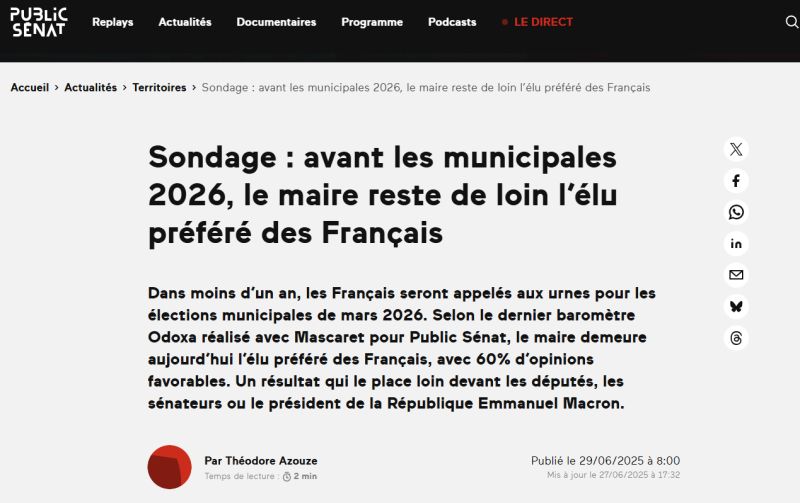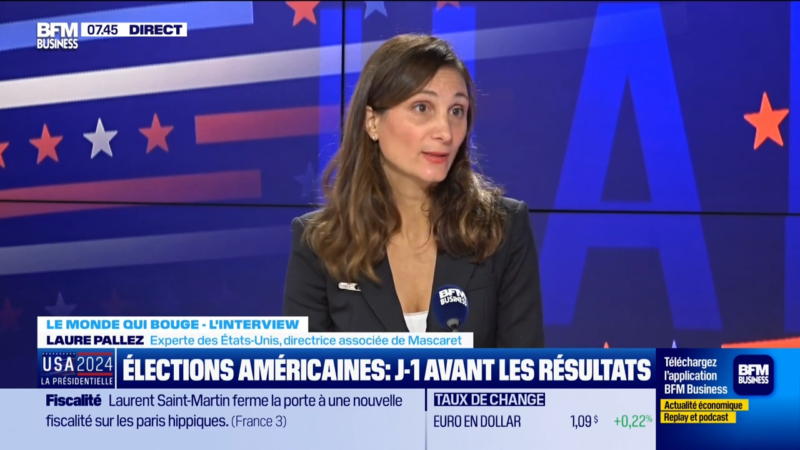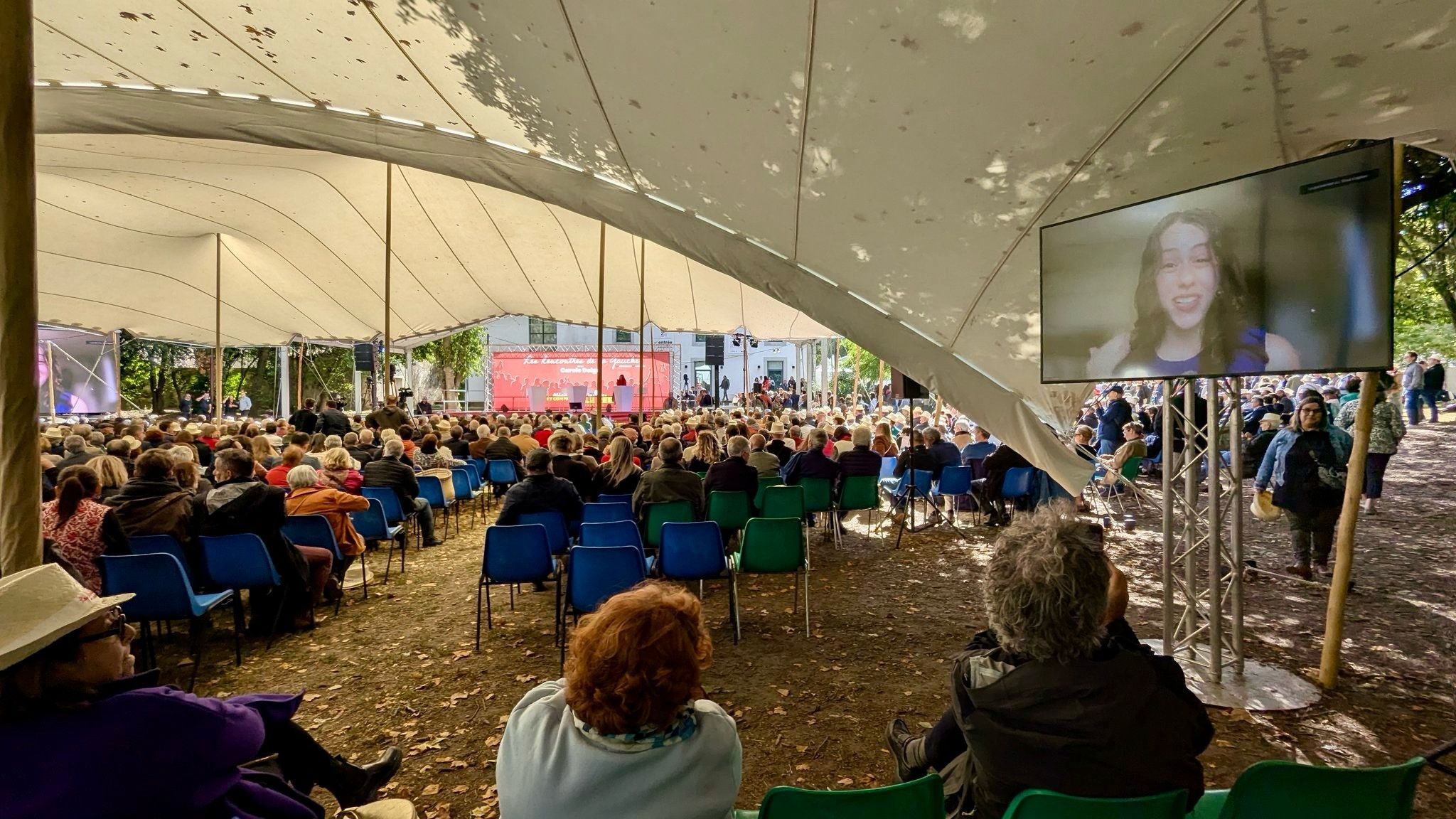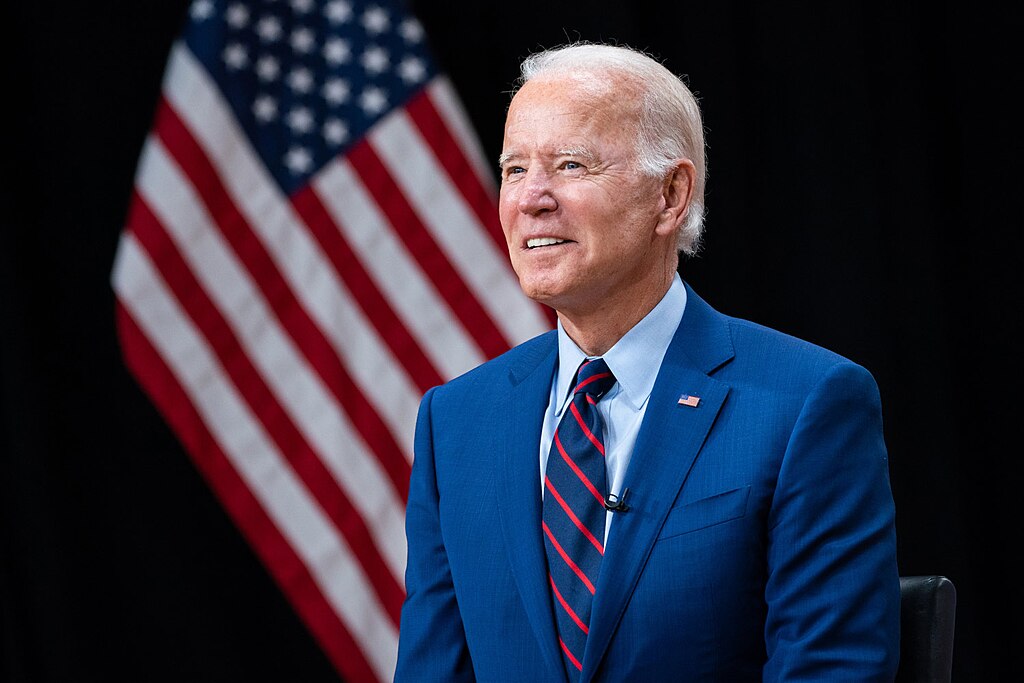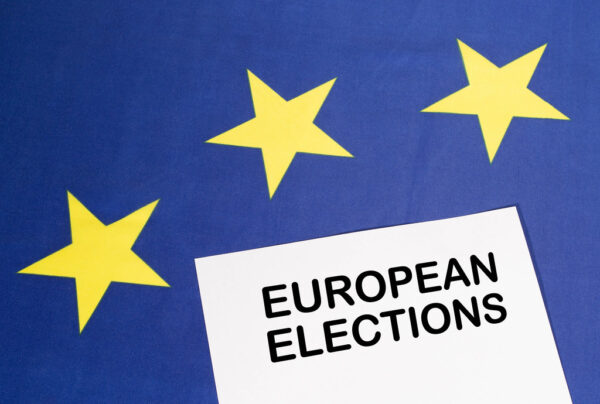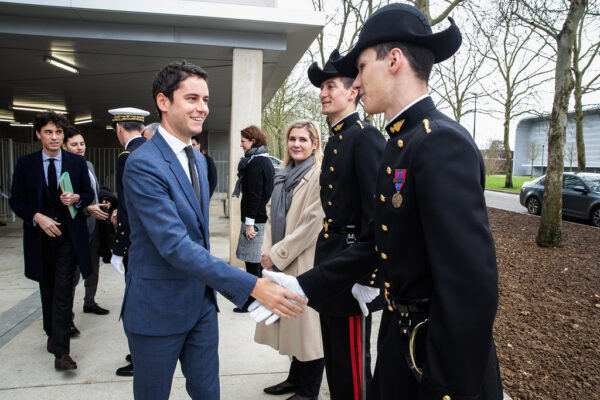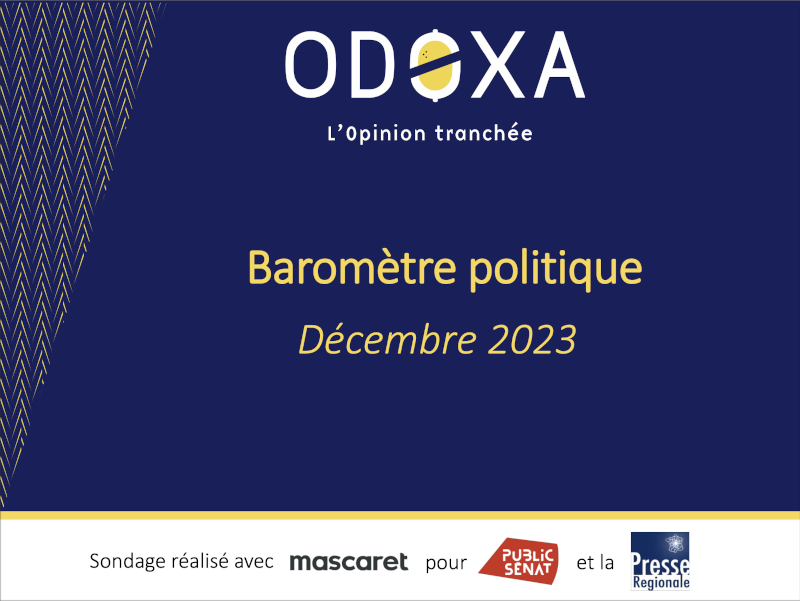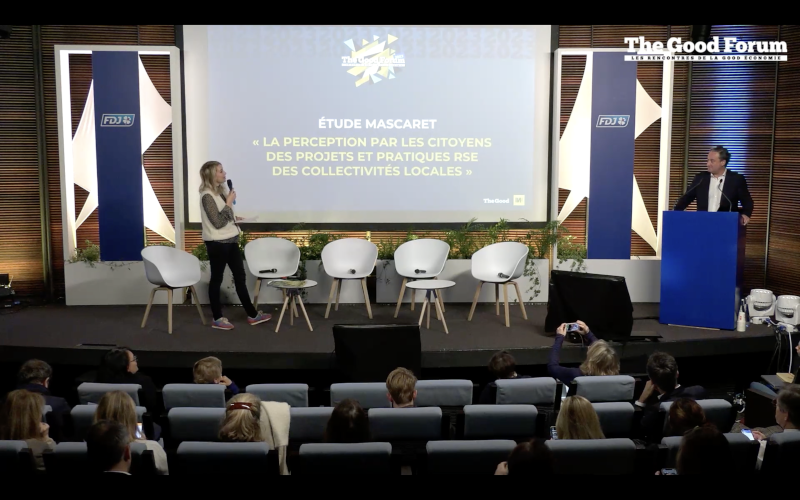Today, September 3, China will stage a military parade to mark the 80th anniversary of the end of World War II. This is a strong signal, coming the day after the summit of the Shanghai Cooperation Organization (SCO), sometimes referred to as the NATO of the non-aligned countries. The group photo speaks for itself and represents 42% of the world’s population.
Objectives: 1) to counterbalance the West without copying its codes, despite the inspiration that ENA provided for the training of Chinese elites, and above all 2) to establish Xi Jinping’s leadership in China vis-à-vis his people and then external powers, “a security force that can be relied upon” according to Chinese commentators.
Everyone is playing their part pragmatically:
➡️The slogan of “unlimited friendship” between Russia and China? Under review, thank you Aaron Glasserman for your insights from 🇺🇸
➡️🐉🐘 Facing the United States, “the dragon (China) and the elephant (India) must get along,” Xi Jinping explained yesterday, without ever mentioning Donald Trump.
➡️Monday’s rejection by the E3 (France, UK, Germany) of the process to reinstate UN sanctions against Tehran and its nuclear program is significant.
India, Brazil, South Africa, Indonesia… All are seeking to assert their autonomy.
A variable geometry multilateralism and “deals” that will be made on a case-by-case basis with Brussels or Washington.
Finally, the military parade is also a huge call for tenders with very tangible benefits for neighboring countries… and our French entrepreneurs abroad. Florian Bohême – Advisor to French citizens abroad in Cambodia
Diplomacy is also about numbers. With or without us.


